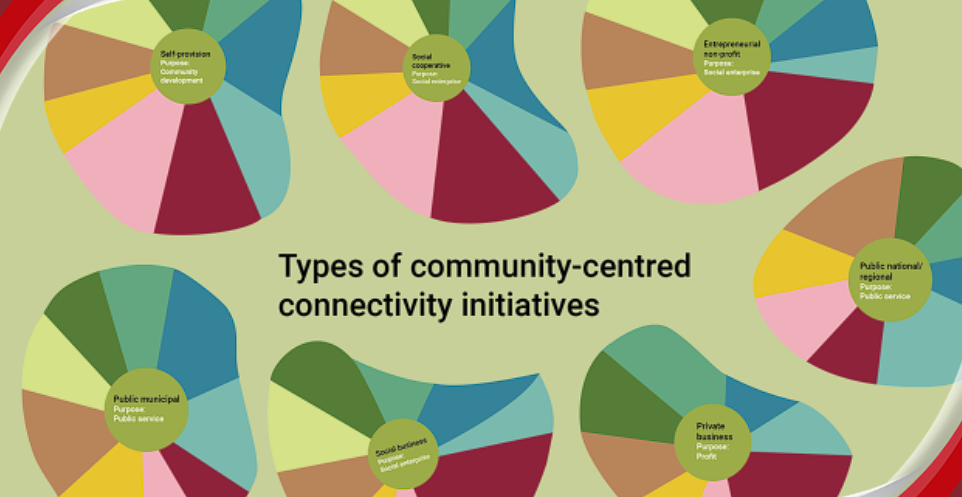Articles
Smart food cart programme launched for South African townships
-
1 year ago
T ech non-profit organisation Empire Partner Foundation (EPF) has partnered with the Chemical Industries Education & Training Authority (CHIETA) to launch a smart food programme to stir-up entrepreneurship in South African townships. With this initiative, the two organisations say, they seek to empower township-based small and medium enterprises and increase the number of South African entrepreneurs in townships. Beneficiaries of the programme are provided with 7-inch tablets, allocated a food cart that is fitted with a location-tracking and reporting device, and an e-commerce app. The app includes three integrated platforms (consumer ordering app, merchant app and drivers’ app) to support township last-mile delivery. The food cart is equipped with digital payment devices to accept card payments and sell value-added services. This, at the adoption of a wide range of digital payment methods is accelerating in South Africa, according to Mastercard's Payment Index 2022. In addition, initial stock and working capital will be provided to the beneficiaries under the programme. CHIETA, which is mandated to facilitate skills development, says it is no longer in the business of skills development and training only. “We are now in the business of sustainable livelihoods. One of our goals is to support 2 000 small businesses and 200 new startups by 2025. This is aligned to the Skills Development Act of 1997, which mandates SETAs to improve the quality of life and contribute to entrepreneurial skills development in SA. As a SETA, we are a facilitator and enabler of talent development in SA,” Yershen Pillay, CHIETA CEO, tells ITWeb Africa. Commenting on the EPF and CHIETA collaboration, he says: “Partnerships are essential for closing the skills gap. Collaboration is the engine of innovation and a strategic pillar for CHIETA. “The benefits of collaboration include cost reduction, resource optimisation and impact maximisation. Since adopting our new strategy, based on digital innovations and collaboration, we have created new value in the form of collaborative partnerships increasing from only 19 in 2021 to 82 in 2022. “These include new partnerships with the Youth Employment Service on youth development and the China Europe International Business School on SMME development.” To enable growth of small business and entrepreneurship, Pillay is calling for urgent interventions to bridge the digital divide in South Africa. He says CHIETA is at the forefront of addressing this problem as it views technology as a key catalyst for development. “The tech landscape in SA is in transition. We are making steady progress in the growth of tech startups. New technologies such as virtual reality and augmented reality are continuously being adopted across different industries. “On the other hand, digital inequality is rising with SA having significantly fewer secure internet servers as compared to countries of the global North, and internet penetration among schools being low at only 20%. We need to bridge the digital divide in SA.” For EPF, the CHIETA partnership aligns with its ‘purpose of empowering youth to build South Africa and Africa through technology by solving key socio-economic challenges affecting the public’. Last year, the EPF launched multimillion-rand Empire Partner Foundation Tech Fund 2, which identifies and rewards young, high-potential, innovative entrepreneurs to spur economic development in the country using technology. Mikhail Mariemuthu, EPF senior manager, says: “We responded to a request by CHIETA to produce a tech-driven entrepreneur support programme. We believe that by aligning with the mandate and strategy of CHIETA we will be able to support and add tech-driven innovation and sustainable social impact to their programmes. “From the start of the EPF journey we have focused on three key areas: youth, technology and entrepreneurship. Given the high levels of unemployment among the youth and lack of current and future job opportunities, we have developed a highly focused delivery and enablement platform and built a smart ecosystem to unlock the potential for our youth. “CHIETA has been a key catalyst in its sector and broad support for local innovation and economic development. By building key partnerships we avoid duplication and achieve higher impact on the targeted areas.”
Related Articles Posts
Categories
Popular Post
-
 SA’s IT spend to outpace GDP growth 1 year ago
SA’s IT spend to outpace GDP growth 1 year ago -
 Vodacom, Netstar launch free in-taxi Wi-... 1 year ago
Vodacom, Netstar launch free in-taxi Wi-... 1 year ago -
 South Africa under pressure to fill cybe... 1 year ago
South Africa under pressure to fill cybe... 1 year ago -
 Organisations with a strong employee val... 1 year ago
Organisations with a strong employee val... 1 year ago -
 Joint policy-in-action event highlights... 1 year ago
Joint policy-in-action event highlights... 1 year ago -
 Boost your digital transformation journe... 1 year ago
Boost your digital transformation journe... 1 year ago







